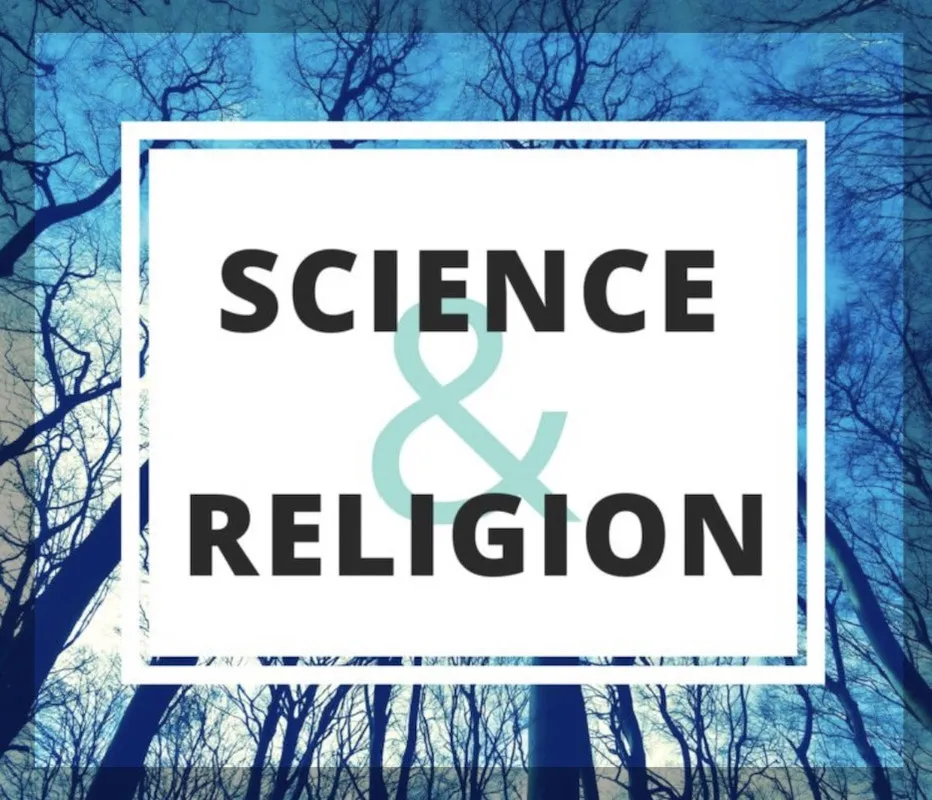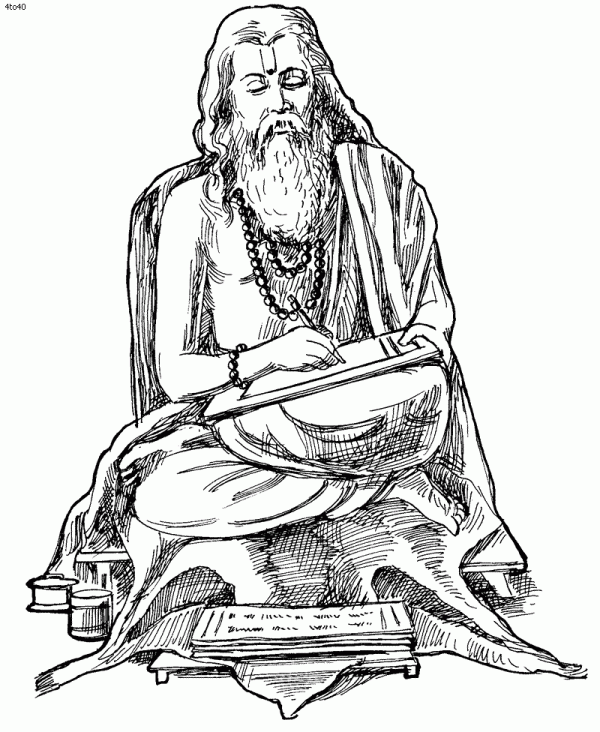
Believe me, there was a time when I considered religion as a diabolic extravagance of public time and public wealth. In spite of my beliefs, I used to frequently visit mandir1 with my mother during school days. The satisfaction of bringing about the smile on her face has been the sole reason for these visits. So, naturally, when I went to college, I stopped visiting mandirs altogether. During that time, I could have convinced you that the function of religion is merely to provide hope to people who operate from the point of fear. But, that all changed, and the reason for such a drastic change was my willingness to listen to views that countered mine at that time. Therefore, I urge you all to show me the same willingness and read this article with an open mind, even if you consider yourself an atheist, especially if you consider yourself a true atheist. I will try to answer the question which most of us have asked ourselves during the time of our life when we were taught the ways of religion buy our mothers and the ways of science by our schools. Is religion as acceptable as science, or is at least scientific, or that it has any function at all with life as such.
Science and religion have something very similar and common; both of them have been striving sincerely to serve the citizens of the state with the maximum quota of happiness. As the men in numbers grew, so do their demands, and the state started its pilgrimage with religion as its spouse.2 It is undeniable fact that during their prime, all religions of the world have served their own immediate generation. However, the societies developed into the new patterns and more complicated scheme of things with time. The same old religion was not able to serve these over-developed societies; and somewhere around the Middle Ages, science joined the company with the same sacred motive of serving the state. The days of monopoly for the religion was over, and now the time has come when it has a worthy competitor. But the old religion, disgusted, jealous and almost exasperated, stayed behind, and science kept pace with the moving world.
Today, we have conquered the space and time (metaphorically), and have even travelled beyond the solar system (actually).3 Scientists and researchers all over the world have discovered means and methods to save the present generation from the clutches of the wild and irresistible powers of nature. Yet, for all our sweat and toil, we have won only fresh fields of carping sorrows in the inner world.2 No matter what we attain, we ultimately feel a sense of emptiness inside us. To fill this void, we are continuously running towards various materialistic pleasures. These pleasures, being finite, lacks the capability to endow us with infinite happiness. In the end, some of us ask ourselves the path by which we can transcend the inner turmoil, and reach the blissful state.

The methods to conquer the inner world and to attain bliss have been scientifically discovered and documented by the Great Rishis in the Upanishads. Just as to the scientists, the world of objects provided the field of enquiry, so also, to the Rishis, life as such presented itself as their theme for investigation and study.2
Supposing a scientist feels a sentimental attachment to the sample of common salt in his test tube; surely, he cannot thereafter do much of an investigation and discover the composition of sodium chloride. Similarly, if we are to maintain a sentimental attachment to life as such, it would generate a host of false values in us. It would distort and dim our vision of the whole.
The Great Rishis, as true investigators of life, developed in themselves a superhuman detachment from life, and by their intense and thorough research declared the truth about life. Some of the insights are as follows:
- Life is a series of continuous and unbroken experiences.
- If the total life be the sum total of all experiences, then a successful life is that in which the individual can have a larger number of successful and happy experiences.
- A life of failure is that in which the majority of experiences are failures.
- No experience in life is possible without the fundamental 3 factors, namely, the experiencer, the experienced, and a set relationship between the two called experiencing. Unless these 3 factors function in the same given field of time and space no experience can come to pass.
- An individual is a sum total of the physical, the mental, the intellectual, and the spiritual personalities.
- The world outside is but a projection of the active mind.
We, the scientists of the modern day, are in our own way the investigators of the ultimate truth. But our field of enquiry is the world of objects or the 'experienced'. On the other hand, the Great Rishis investigated the ultimate Truth by analyzing the 'experiencer', or the world of subjects. Both are scientists, the only distinction between them is their field of enquiry and in the methods of their investigation. Therefore, I conclude that religion is as scientfic as science. Unintelligent and blind followers may have made the best of philosophies serve as lifeless prescriptions for ritualism. But, if we can find the true source of knowledge, the Upanishads, and can implement the truths declared by the Rishis in our current life, we can see the strength of religion and its vital dynamism.
1 मन: inner-self (mind), दिर: dwelling place. So, mandir means a place where mind dwells. I refrain from using the word temple, because of it's ability to describe the true function of mandir.
2 Swami Chinmayananda, Isavasya Upanishad: God in and as everything
3 https://voyager.jpl.nasa.gov/mission/status/
4 https://www.speakingtree.in/blog/vyasablack-genius-of-india
ABOUT ME:
To know about the author Tanul Gupta (@haxins), please go through the introductory post